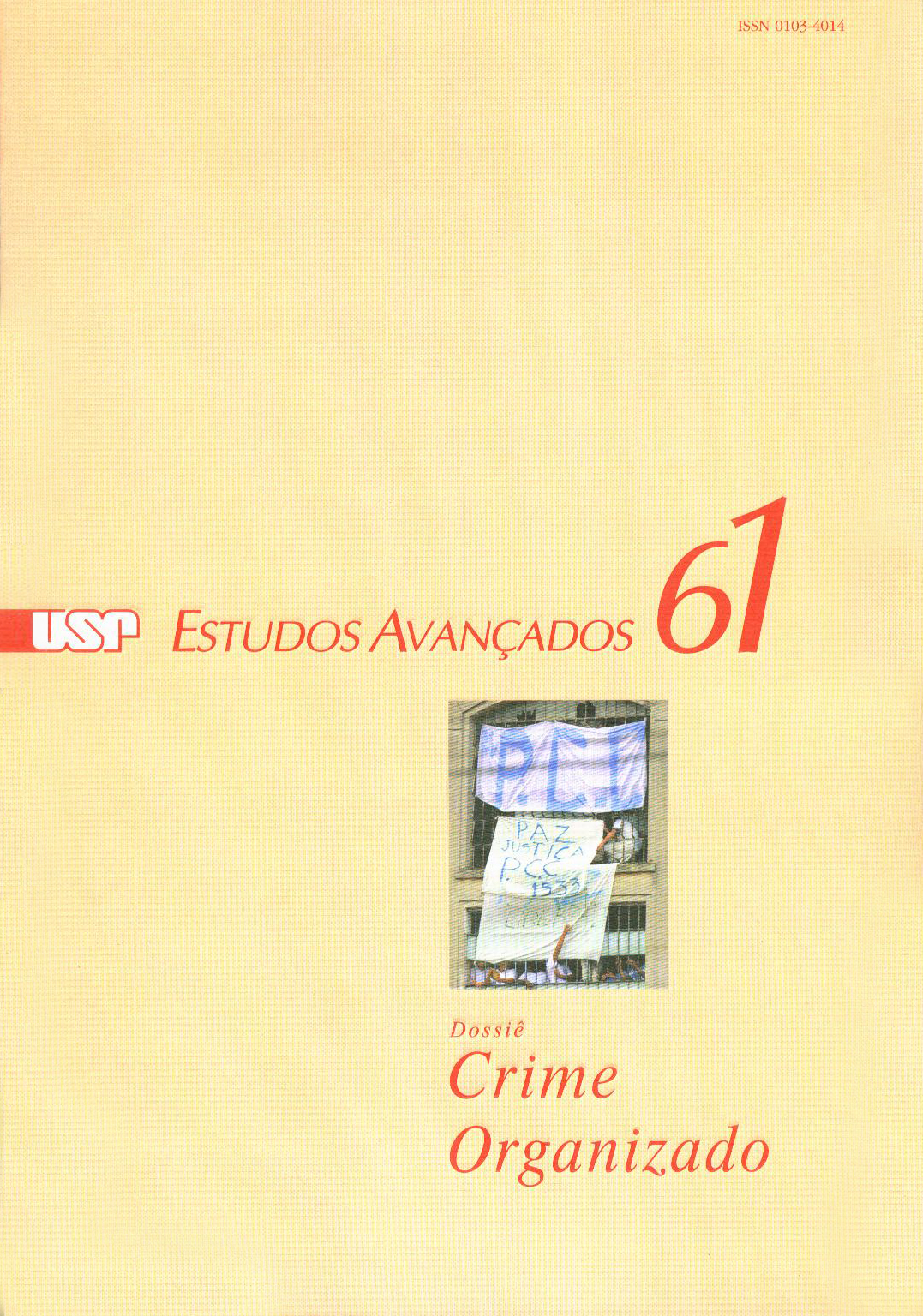Unfinished democratization: the failure of public safety
Keywords:
Urban violence, Drug trade, Vulnerability, Youth, MasculinityAbstract
The article discusses two paradoxes and one enigma that have developed in this country during the last decades: a process of democratisation that started in 1978 coming forward with increasing criminality rates, especially homicide; a nation constituted on the idea of cordiality and conciliation that changed recently its dominant ideas and developed vengeance mechanisms and uncontrollable aggressive behaviour for there was never a public discussion of pacification and forgiveness; the enigma of a fierce violence among men, mainly young men has affected women comparatively much less. This suggests a model of violence dissimilar to the model present in ethnic conflicts where everybody is victim. To understand them, I have used four dimensions: the international context related to drug and gun trafficking, the institutional inertia that explains the malfunctioning of the justice system; the importance and limits of macro social explanations for violent criminality, such as poverty and social exclusion; the necessary look at micro social processes concerning subjective formations on masculinity linked to exhibition of force, money and guns.Downloads
Download data is not yet available.
Downloads
Published
2007-12-01
Issue
Section
Organized Crime Dossier
License
Estudos Avançados não celebra contrato de cessão de direitos autorais com seus colaboradores, razão pela qual não detém os direitos autorais dos artigos publicados. Os interessados em reproduzir artigos publicados na revista devem necessariamente obter o consentimento do autor e atribuir devidamente os créditos ao periódico.
How to Cite
Zaluar, A. (2007). Unfinished democratization: the failure of public safety . Estudos Avançados, 21(61), 31-49. https://journals.usp.br/eav/article/view/10265


